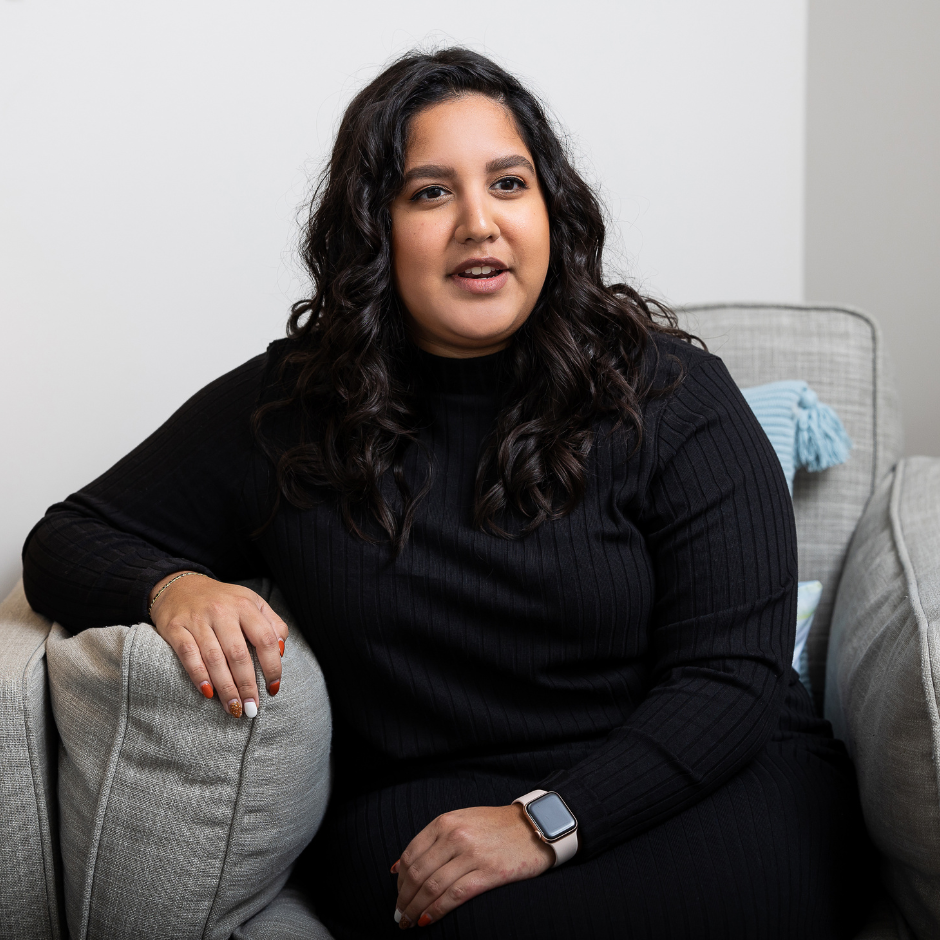
July 24th, 2023
Interviewing Your Prospective Therapist: Questions to Ask and What to Look For

DeLinda Spain, LCSW, CGP, CEDS
Finding a therapist can be likened to finding a life partner; you're searching for a trusted confidante who understands you, supports you, and guides you on the journey of self-discovery and healing. It's a personal process, and it can take time to find the right fit. One useful tool to help you along this path is to "interview" your prospective therapist. Here are some questions to consider and things to look for when choosing your therapist.
Questions to Ask Your Prospective Therapist
1. What is your therapeutic approach? Therapists may use a variety of therapeutic modalities, from cognitive-behavioral therapy to psychodynamic therapy to mindfulness-based approaches. Understanding their approach can help you determine if it aligns with your needs and goals.
2. What is your experience with my specific issues? If you're seeking therapy for a particular concern, such as anxiety, depression, trauma, or relationship issues, you may want to work with a therapist who has experience in these areas.
3. What do you expect from me in therapy? Therapy is a collaborative process, and understanding what's expected of you can help set the groundwork for successful therapy.
4. What is your approach to setting and assessing goals? Some therapists may focus more on measurable, short-term goals, while others may take a more long-term, process-oriented approach.
5. What is your policy on communication between sessions? Therapists have different policies about communicating between sessions, and understanding these expectations can help avoid confusion down the line.
What to Look for in a Therapist
1. Comfort and Connection: One of the most critical factors in successful therapy is a strong therapeutic alliance. When talking to your prospective therapist, pay attention to how comfortable you feel. Do you feel heard and understood? Do you feel a connection?
2. Clarity and Transparency: Your therapist should be able to clearly articulate their approach to therapy, their qualifications, and what they expect from you as a client. They should also be open about the structure of therapy, including fees, scheduling, and cancellation policies.
3. Respect for Boundaries: Your therapist should maintain professional boundaries at all times. They should also respect your autonomy and collaborate with you in your therapy journey.
4. Cultural Sensitivity: A good therapist recognizes and respects cultural differences and can work with you in a way that aligns with your cultural values and experiences.
5. Commitment to Growth: Good therapists are committed to their own professional growth. They participate in ongoing training and education to keep their skills and knowledge up-to-date.
Remember, finding a therapist is a personal process, and it's okay to take your time. It's important that you feel comfortable and connected with your therapist, as the therapeutic relationship is a crucial part of successful therapy. At Therapy Austin, we understand the importance of finding the right therapist, and we're here to help guide you on this journey. Be patient with yourself, and remember that seeking help is the first step towards healing. You're doing great.